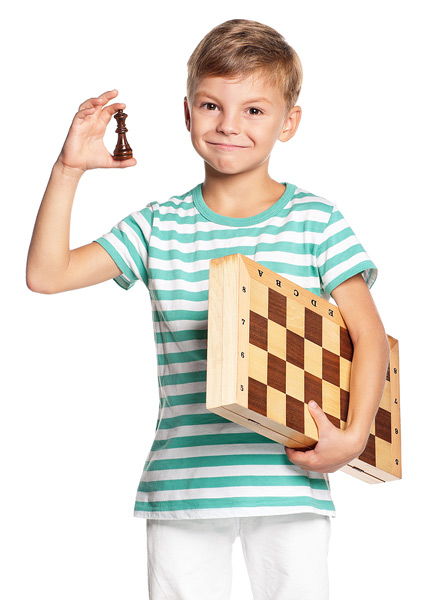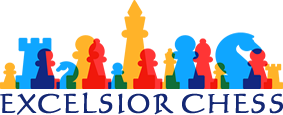![]()
CHESS FOR KIDS
Excelsior Chess holds weekly team workouts, CHESS FOR KIDS, at each of our schools. The workouts last for one hour and are made up of interactive, Socratic-style teaching and instructional play.
During all phases of each practice session, employing our curriculum, the “Five R’s of Chess” and Excelsior Chess’ Core Values, players are awarded points for instructional participation, playing skills and good sportsmanship. The top three players by point totals will receive first, second or third place awards, while the remaining players receive participation awards.
SEE PARTICIPATING SCHOOLS HERE!

